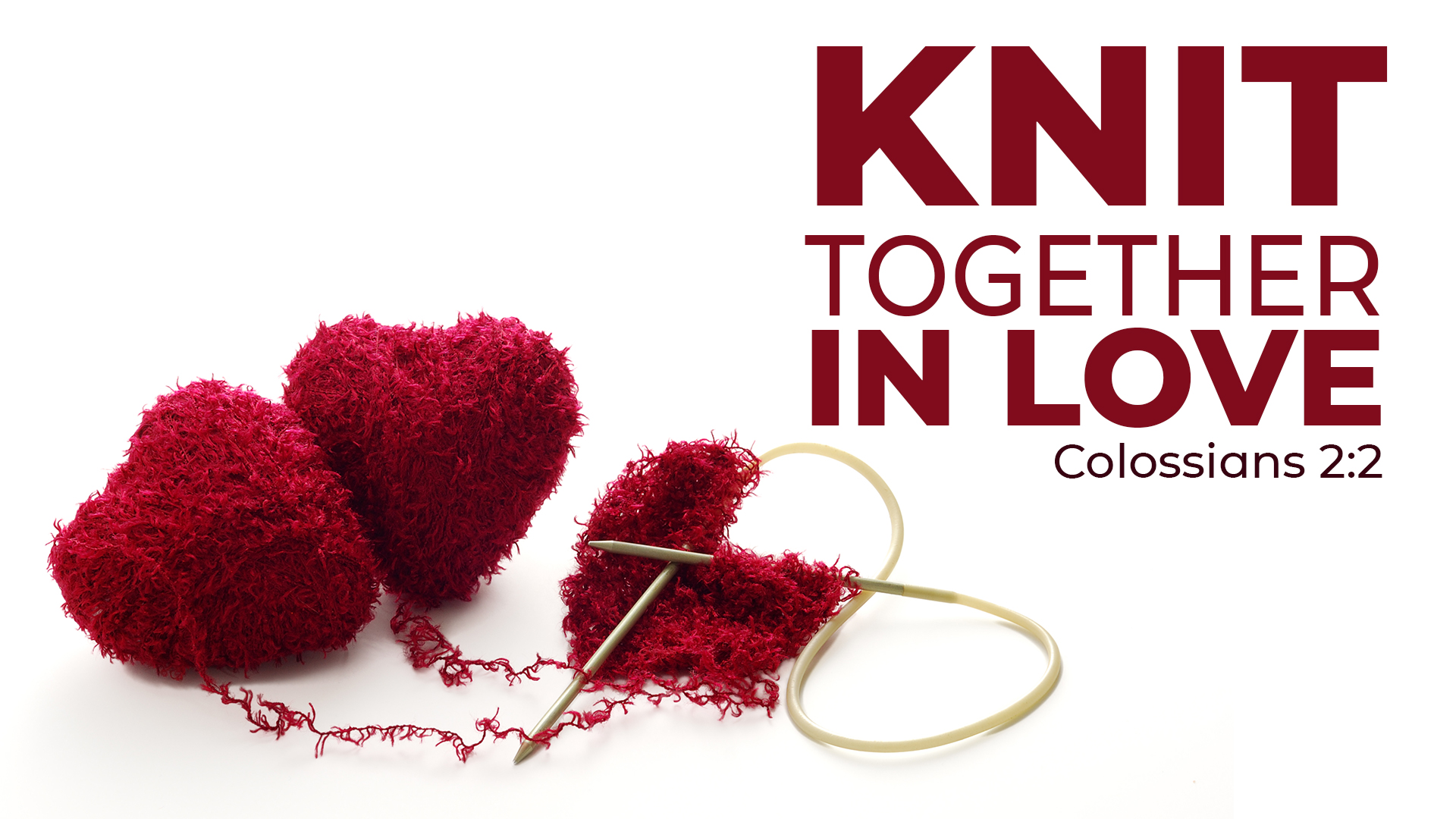Deborah Perkins
General ABM Coordinator
“And in process of time it came to pass, that Cain brought of the fruit of the ground an offering unto the LORD. And Abel, he also brought of the firstlings of his flock and of the fat thereof. And the LORD had respect unto Abel and to his offering: But unto Cain and to his offering he had not respect. And Cain was very wroth, and his countenance fell. And the LORD said unto Cain, Why art thou wroth? and why is thy countenance fallen? If thou doest well, shalt thou not be accepted? and if thou doest not well, sin lieth at the door. And unto thee shall be his desire, and thou shalt rule over him. And Cain talked with Abel his brother: and it came to pass, when they were in the field, that Cain rose up against Abel his brother, and slew him. And the LORD said unto Cain, Where is Abel thy brother? And he said, I know not: Am I my brother’s keeper?” (Gen. 4:3-9). Cain was a tiller of the ground and Abel was a keeper of the sheep. This was the first murder after the fall of man—a brother murdering his own flesh. In the physical or natural sense, Cain was his brother’s keeper, being the oldest, and I’m sure that Adam and Eve would have asked as they were growing up, “Where is your brother?”
Both siblings had brought an offering to the Lord and Abel’s was accepted but Cain’s was not. Was it Cain’s attitude that caused his gift to be rejected? Had he allowed a spirit of bitterness, jealously, or strife to come between him and his brother? His response to the question God asked was certainly from an arrogant attitude. First, he lied, then asked “Am I my brother’s keeper?” The word “keeper” may refer to the nature of Abel’s work as a shepherd who “kept flocks.” Keeping flocks would require protecting or defending them from their predators. A keeper of flocks also leads and guides them (see Psalms 23:2, 3). Even the nature of Cain’s work as a tiller of the ground involved “keeping.” Genesis 2:15 says, “And the LORD God took the man, and put him into the garden of Eden to dress it and to keep it.” The Hebrew word shamar, used here, means: to keep, guard, keep watch, ward, protect, save life, and to exercise great care over. Cain must have been asked and expected by his parents to take care of his younger brother, Abel. To be a brother’s keeper means to be responsible for the welfare of a brother or sibling.
The tone in the question Cain asked God showed his indifference. “Did you make me responsible to take care of my brother?” When Cain asked the question, he understood that he should have been his brother’s keeper. We could infer that God gave Cain the choice to be responsible, but he chose to not be responsible. Instead of looking after the welfare of his brother, he decided to satisfy his self-seeking desire for revenge over a supposed injury that was of his own making.
The question now is not any more unsympathetic and should be posed with a tone of resolve and conviction: “Am I being a “brother’s keeper?” There are many ways to be our “Brother’s Keeper.” Galatians 6:1, 2 says, “Brethren, if a man be overtaken in a fault, ye which are spiritual, restore such an one in the spirit of meekness; considering thyself, lest thou also be tempted. Bear ye one another’s burdens, and so fulfil the law of Christ.” James 5:16 tells us, “Confess your faults one to another, and pray one for another, that ye may be healed. The effectual fervent prayer of a righteous man availeth much.” Jesus illustrated this principle in Matthew 25:35: “For I was an hungred, and ye gave me meat: I was thirsty, and ye gave me drink: I was a stranger, and ye took me in.”
At the end of each day, as we recount the goodness of the Lord and offer our prayers, it might be to our good to reflect on how we have kept our brothers. During this Christmas season and throughout the upcoming New Year, may we each become our “Brother’s Keeper.”
Merry Christmas to each and every one, and a Happy and Blessed New Year! May every member of The Church of God determine this upcoming New Year to be “Knit Together In Love.”


